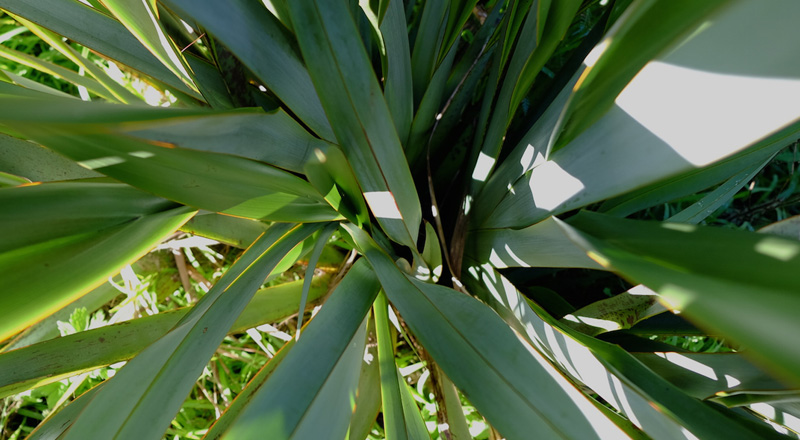Nurture The Flax
Tena tātou katoa e te iwi mīhana… (Greetings to all the people in mission)
This month’s whakataukī (proverb) is: “Hei whangai i te harakeke” (Nurture the flax).
As I make the final refinements to my doctoral dissertation, more and more “extraneous” information is trimmed away. The nurturing of the harakeke (flax) has comforted me as guiding metaphor in this process, as the useless outer blades are cut away to allow the inner growth to flourish.
Unity, or as I call it, a “mutuality of belonging”, should be the primary aim of mission.
For Māori, the flax bush is also an image of whānau (family). All the blades represent family members connected to a common root system. As the older members pass away it allows room for new growth and so the ‘circle of life’ continues. The basic thesis of my doctoral work is that unity, or as I call it, a “mutuality of belonging”, should be the primary aim of mission.
In the harakeke metaphor we are all grafted in to the same root system that is Christ, but too often it doesn’t appear that way to the world. My argument is that John 17:21-23 ought to be the core text for mission in a post-colonial reality. Matthew 28:18-20 only makes sense in light of this.
As I studied the differences between Collectivist thinking and Individualist thinking in mission, it occurred to me that each represents one side of the John 17:21-23 equation like two sides of a coin. For 220+ years we have lived under a colonial missions paradigm that emerged with the industrial revolution. It is Individualist and, particularly in the 20th Century, missions efforts have been focused almost entirely on “so that the world will know…”.
We translate and we proclaim, we commodotize and we distribute, we diagnose and we (try to) fix, we produce and we promote, all manner of materials, models, and mechanisms to articulate to the world that the Father sent the Son. ‘Look!’ we demand, ‘this is what God can do for you’. They look, and some see and believe, but what is the quality of the fruit? I am not judging, just asking.
Missionaries from ‘new sending nations’ are now firmly the majority in missions service, yet they do not hold proportionate influence. In general terms they are Collectivists and Collectivists wonder why we do not focus on “May they also be in us… one as we are one… brought to complete unity…” Is this not the focus of disciple making, that we learn to live with and love one another, as the Father loved the Son and the Son loved us (John 13:34-35)? After all, we were never told to go into the world to DO anything else. Nothing else matters.
Understood this way, mission becomes an invitation to share in a deeply integrated community, to learn of God from one another as we follow the Son and live out God’s transcendent ethics, revealed in Scripture. Over centuries of evolving individualism, the West has by and large distanced itself from biblical koinonia.
The age of the multi-dimensional mutuality must emerge as the Church moves into an increasingly globalized future—Together: On Mission. …And maybe THEN the world will know.
#stayonmission. 👊🏼
Ma te Atua e manaaki koutou (may you all experience the very best things from God),
Jay





